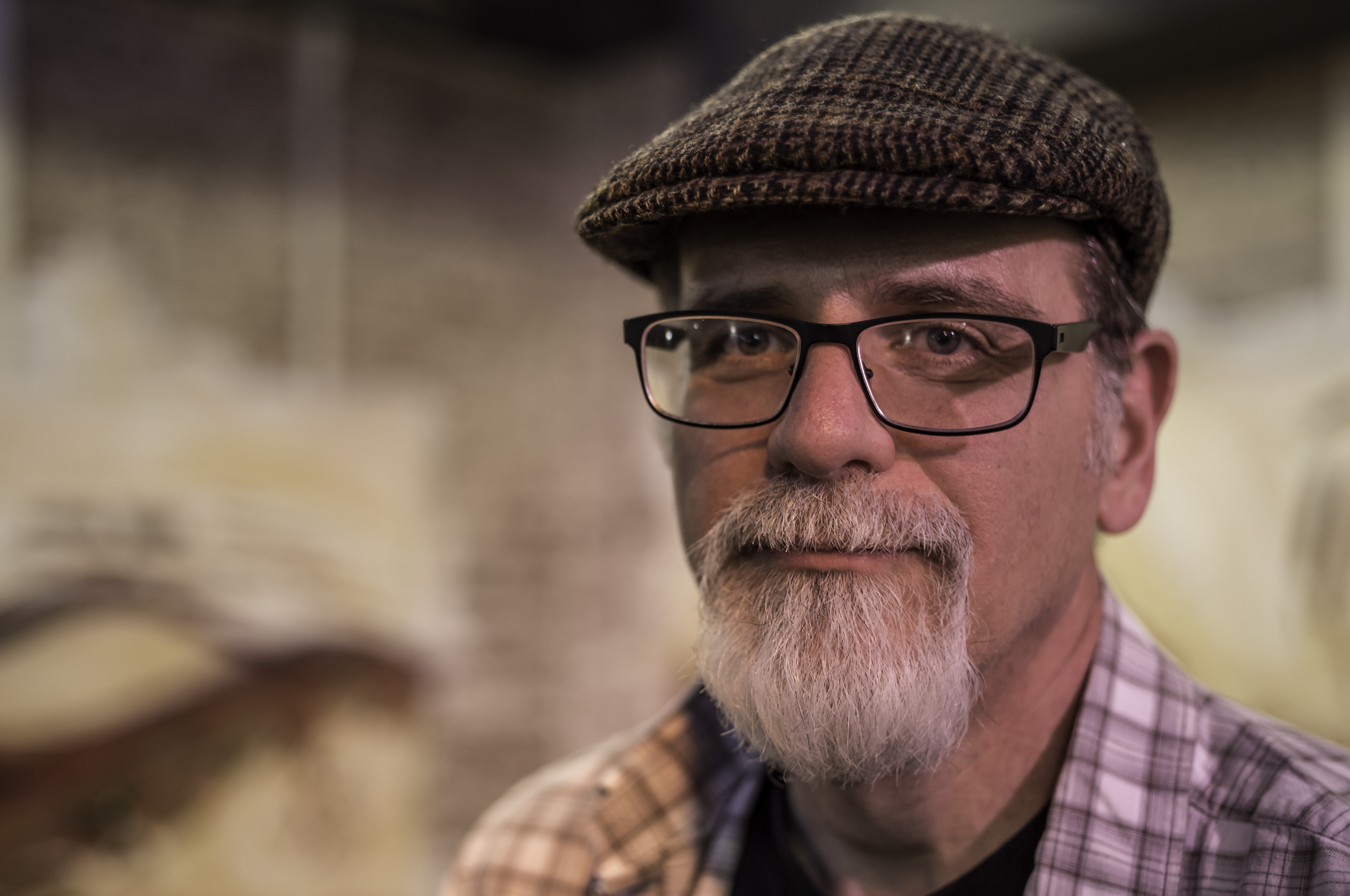An Inconvenient Sequel: Truth to Power
Documentary
I couldn’t escape the irony as I sat in the theater, just minutes into the film, and watched Al Gore speaking in Houston about what could happen. Months later the rain and catastrophic flooding is happening in Houston and we barely have time to notice that a third of Bangladesh is under water. Yet some of those in power in our nation refuse to believe that climate change is happening. To believe requires taking responsibility, and that might impinge on policy.
The film doesn’t leave us with doom and gloom. We are urged to take action.
We want to believe that we can control our lives and our environment, and then refuse to believe that our actions have an effect on that same global environment. We suggest that science will save us, but we refuse to listen to what science is telling us. Christians suggest we see God’s handiwork in the natural world, but we can’t be bothered to listen to what the natural world is telling us about our lifestyle choices. We are told it will affect the economy if we slow down on fossil fuels, but neglect the other part of the ledger sheet that looks at the high cost of ignoring the climate reality. Yes, I left this movie in a disgruntled mood. My great-grandfather died down in a coal mine in a cave-in. My grandfather died of black lung. I refuse to accept that my yet-to-be-born grandchildren will be sacrificed to our love affair with fossil fuels. My family has given enough, and it is time to come up with another alternative. Enough ranting; on to the rest of the film.
An Inconvenient Sequel is worth seeing, not for the entertainment value, but for a reminder to not lose hope. I’m trying to do my part, generating 65 percent of my electricity on my roof and walking to work, but this viewing reminded me that we need the will of the whole world to bring change. Some critics have suggested that this film is too much about Gore and his personality. But this issue must become personal. Denying that it is happening won’t keep the water from rising, the droughts from increasing, the storms from becoming stronger, and the average temperature from rising. As I edit this reflection, many parts of Florida are preparing to evacuate in advance of Hurricane Irma; it is rapidly becoming personal for many citizens of the Americas.
The film offers insight as we watch the training of activists, as we see the summation of all that is happening, and as we see people doing meaningful things to change the situation. The film doesn’t leave us with doom and gloom. We are urged to take action. While Gore is on the way to a speech, we see him with a climate change denier who suggests the absurd idea that raising Miami’s streets by a foot will solve the problem of rising tides. The side trip to a conservative Texas town that chose to be powered 100 percent with renewable energy because it is fiscally responsible highlights a more helpful solution.
Gore suggests God is offering us a choice between life and death and we should choose life. Earlier in the film he shows how climate change created the right conditions for the spread of the Zika virus. Surely this should encourage pro-life advocates to care about climate change and healthy babies being born, since many refuse to have a child when they live in a Zika-prevalent zone. As the film reminds us, it is both red and blue cities and landscapes that will bear the brunt of climate change. Gore challenges the United States to lead in the change, not to be the last to join the movement.
Is the film great? No. But it does offer an appropriate mix of urgency and hope in a time when our country is being tempted to stick its head in the sand and pretend that it won’t be under water in a few years. Gore isn’t giving up, slowing down, or waiting for someone else. Neither should you or I.
All reviews express the opinions of the reviewer, not necessarily the views of Third Way.




